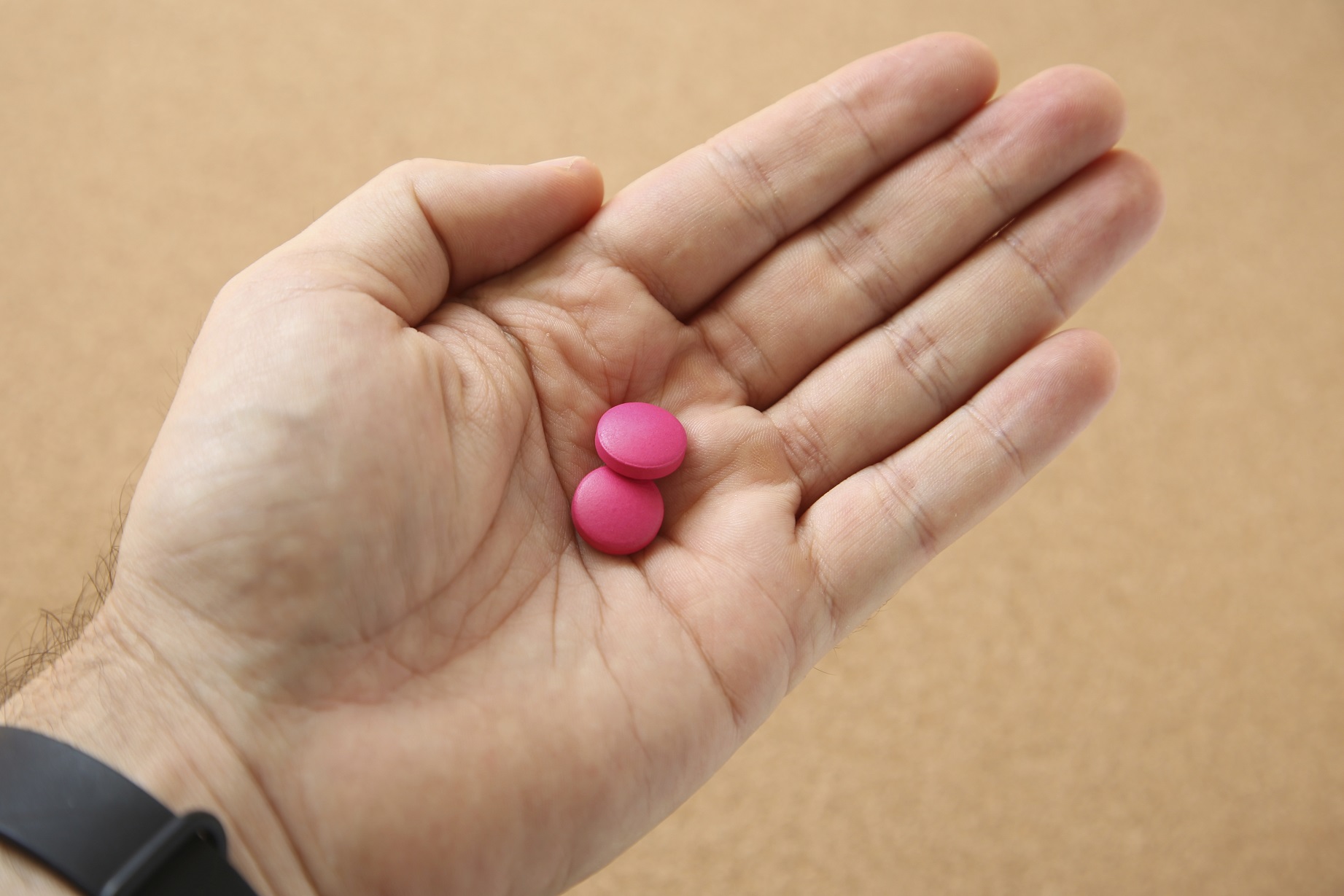Our bodies are full of tiny micro-organisms called cells. These cells have one mission — to divide and multiply as we grow, then eventually die off to make room for new cells that keep us alive and healthy. However, due to abnormal environmental factors, poor diet, and lifestyle choices, or even genetics, some of these cells refuse to die.
Instead, they mutate, causing the cell to divide uncontrollably, infiltrating, and destroying normal body tissue. Many individuals know this as their diagnosis of Cancer.
In the case of Prostate Cancer, this mutation may appear slowly (in which case monitoring is recommended). Other times, this form of cancer may be aggressive, requiring radiation, surgery, hormone therapy, chemotherapy, or other treatments.
Prostate cancer is very common, affecting 240,000 U.S. men and killing about 30,000 a year. And the need for treatments is urgent, especially for those whose cancer spreads or recurs after traditional treatment.
Why Some Prostate Chemo Treatments Can Be Ineffective
Docetaxel, a prescription drug also referred to as Taxotere, is the main form of chemotherapy used to treat prostate cancer. However, as with many drugs, patients may develop a resistance to the drug, allowing their cancer to return or even spread to different areas.
So, what are cancer researchers doing to mitigate this resistance to Docetaxel? They’re diving into something called Repurposing Drugs in Oncology (ReDO).
Drug repurposing finds new ways to use existing pharmaceuticals for various treatments. This type of testing fast tracks new treatments as the drugs tested have already tested well humans with satisfactory safety records. This is often more time and cost-effective than developing new drugs.
After testing close to 1000 existing medicines, scientists discovered a cheap drug commonly used to treat parasites could be a game-changing treatment for prostate cancer.
What Is Mebendazole?
Recently published in the British Journal of Cancer, a study found that Mebendazole (also referred to as MBZ) worked in combination with the commonly used chemotherapy drugs, such as Docetaxel, to enhance its ability to abolish tumor growth.
When a cell divides, often repeatedly as a cancer cell, structures called Microtubules pull the chromosomes apart so the cell may split. MBZ disrupts the action of microtubules, causing parasites to die… and cancer cells to no longer divide. This anti-parasitic drug binds with a specific piece of tubulin to force cell death — an act referred to as apoptosis.
The researchers found the combination of mebendazole and docetaxel during treatment was found to drastically increase cancer cell death. It has even been purported to be good in combination with other drugs, such as hydroxychloroquine, diclofenac, cyclophosphamide, metformin, itraconazole, cimetidine, Losartan.
This bold new idea shows just one way we can use already existing medications to support the effects of chemotherapy, improving outcomes for many people whose prostate cancer has returned or spread. Research such as this is an encouraging step towards more effective and gentle treatments that will ultimately save more lives.
Possible Side-Effects & Increasing Effectiveness
While there are rare reports of MBZ side-effects such as reversible alopecia, rash, gastrointestinal upset, or leukopenia, this prescription drug is considered to have low toxicity. All these adverse effects are also associated with similar microtubule-disruption agents, however, the most severe side-effect (peripheral neuropathy) has not been reported with MBZ.
In general, MBZ is considered very safe, as people can take as high as several grams per day for several months.
As well, it appears that only about 20% of an oral dose of MBZ reaches circulation. Meaning it is very difficult to achieve a high enough dose to create extreme side-effects. But, in order to receive the increased benefits of MBZ during treatment, dosage only plays half the battle. The other half is with something called bioavailability.
Our bodies only absorb so many nutrients at once. However, when paired with specific binding agents or additional nutrients, this absorption increases. In regards to MBZ, dosing with a high-fat meal, for example, is known to modestly increase the bioavailability of each dose.
Strategies to improve the bioavailability of MBZ remain actively researched and have included formulations with vegetable oils, altering the crystalline structure of MBZ, and investigations into PEGylation.
More research is needed to fully investigate the methods to increase the bioavailability of MBZ, however.
Final Thoughts
The evidence of MBZ as an effective prostate cancer treatment has been determined in several labs and animal studies. As well, since MBZ is already used for the treatment of roundworm, it is proven effective for human use.
With well-established benefits and low-toxicity, this low-cost medication is a strong candidate for drug repurposing, both in combination with the existing treatments and alongside other repurposing agents for prostate cancer. However, it is always necessary to speak with your specific doctor to identify the best course of action for your specific case.
Want more information? Contact Dr. Paul Zhang at the Institute of Integrative BioOncology. He’s an expert in evidence-based cancer treatment.


